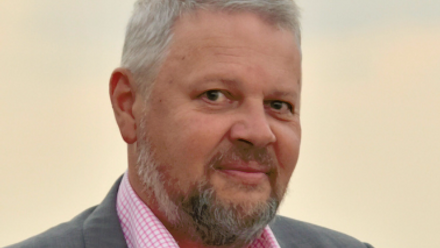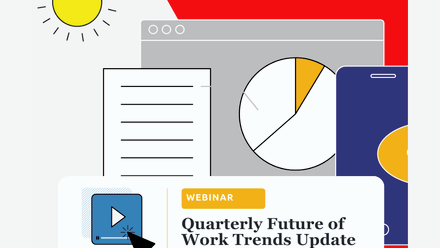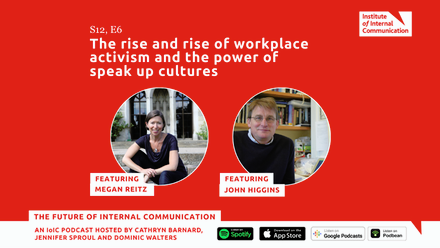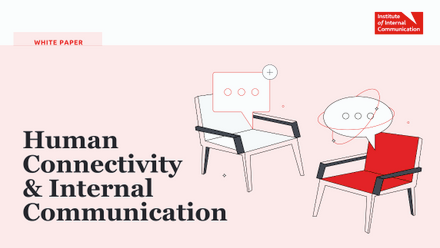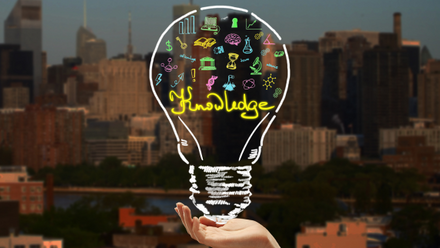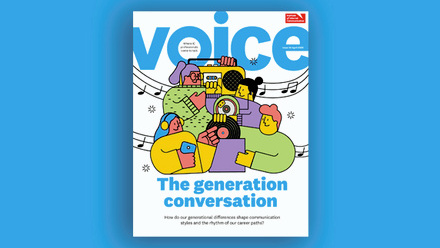Trust and the ‘say-do’ gap
While often tricky to define and summarise, trust is an essential component of a healthy and high-functioning team, organisation and society.
The magazine Psychology Today describes trust as “the belief that someone or something can be relied on to do what they say they will”.
It goes on to say that trust is “a key element of social relationships and a foundation for cooperation”.
With these descriptions in mind, it’s clear to see just how integral trust is to successful teamwork and, more widely, to work and business at large.
Now in its 23rd year, 2023’s Trust Barometer highlights rising polarisation, identifying economic anxiety, institutional imbalance, mass class divide and the battle for truth as key areas of concern. When perpetuated and amplified by mainstream media, they create socio-cultural friction across the board. The rise in social media echo chambers pours rocket fuel on societal division.
As existential threats – most notably the climate crisis – accelerate, Edelman’s research finds once again that business is both the most trusted institution and source of the most trustworthy information. Interestingly, one’s co-workers and colleagues feature as marginally more trustworthy than one’s CEO, but ,nonetheless, one’s CEO is infinitely more trusted than government leaders.
Social impact: a dealbreaker in business
Trust research this year points to a rise in the number of participants who feel their country is more divided today than in the past. As divisive forces intensify disagreement, societal fabric weakens,and 65 per cent of survey respondents report a decline in civility and mutual respect. Business, NGO leaders and teachers are now identified as unifying forces for good in the world.
With rising tensions, social impact is increasingly a deal breaker, both when consumers make purchasing decisions and when workers choose whom they’re willing to work for and with.
Edelman positions trust as “the ultimate currency”. It places the burden of responsibility on business to engage with, and mitigate, complex issues including climate change, economic inequality, energy shortages and workforce reskilling. CEOs, its reporting shows, are obligated to deal with matters including fair pay, local community revitalisation, paying fair levels of corporation taxes and investment in employee reskilling and upskilling.
It's clear there’s a huge opportunity for organisations to improve both the environment and the wider societal backdrop in ways that will ultimately improve their own bottom lines. As such, the annual Trust Barometer has proven itself to be a valuable bellwether.
Bridging the say-do gap
What’s interesting this year, however, is the extent to which Edelman has itself been publicly criticised.
As we all saw, 2022 was a year of record-breaking, terrifying temperatures and destructive weather patterns across the globe. When governments and politicians continually fail to reach consensus on sensible pathways to net zero, it’s hardly surprising to see an uptick in shareholder and employee activism. Climate anxiety fuels dissent and more forcible demand for action.
And therein lies the conundrum.
The Guardian and The Drum have both published articles challenging Edelman’s legitimacy in reporting on the topic of trust. As an international PR business, it continues to support a range of entities that face increasing condemnation, including fossil fuel companies and brutal governmental regimes.
The crux of the controversy lies in the hypocritical advocacy for the importance of trust in society, while on the other hand continuing to partner with those that are contributing to our greatest global challenges.
Simply put, how can its stance on trust itself be trusted against this backdrop?
The ‘whys’ and ‘wherefores’ of this debate are nuanced and complex. Suffice to say, it highlights a perennial issue – that of the ‘say-do gap’. When what we say doesn’t align with what we do in practice, trust soon dissipates.
And this is an important lesson for anyone working in the field of internal communication in the 2020s. We live in the hyper-transparent digital age. It’s never been easier to find disparity between words and action.
The sooner this is understood by everyone within an organisation, the sooner we can get on with the hard work of fixing the environmental and societal issues that are hindering human progress.

